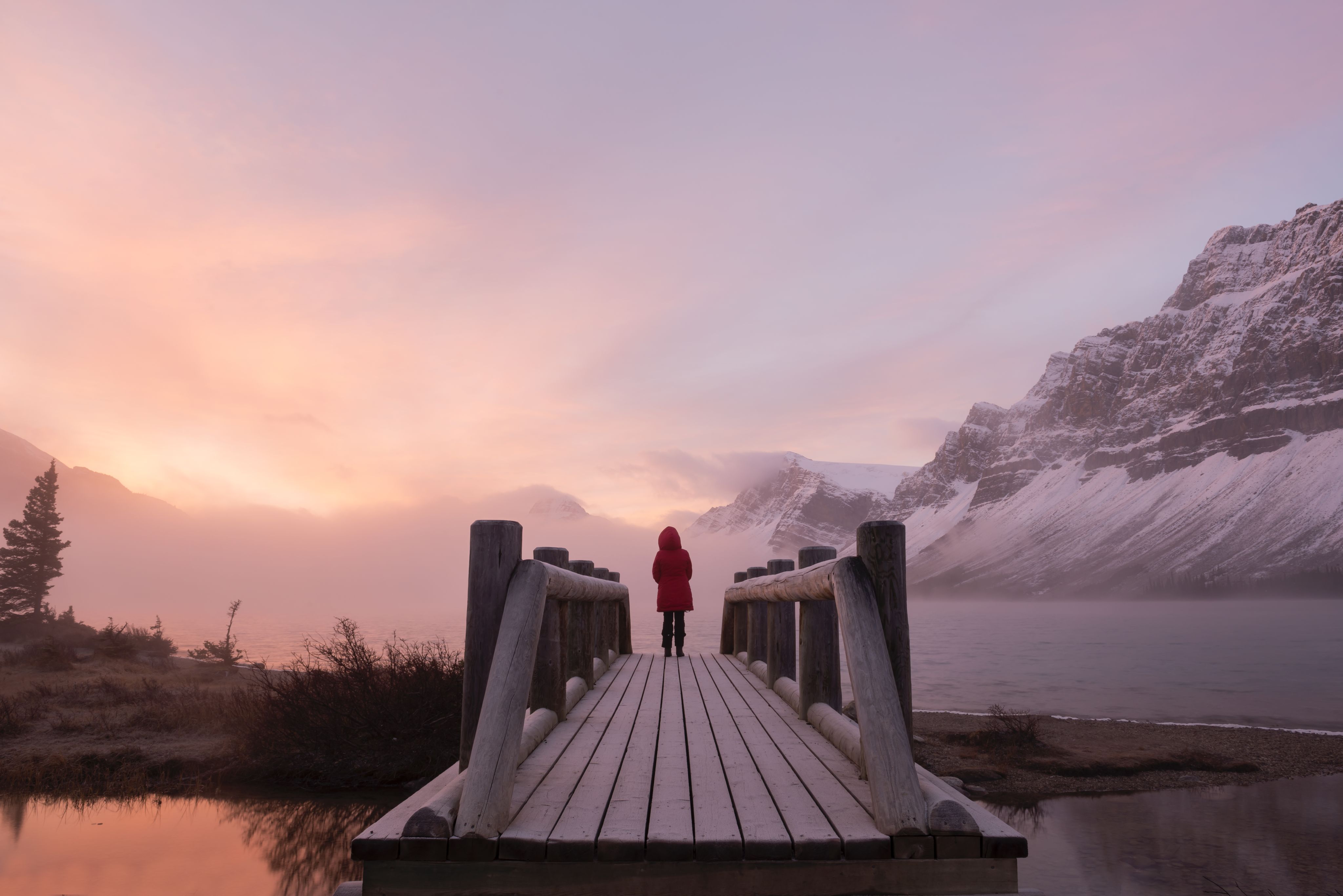Hooked
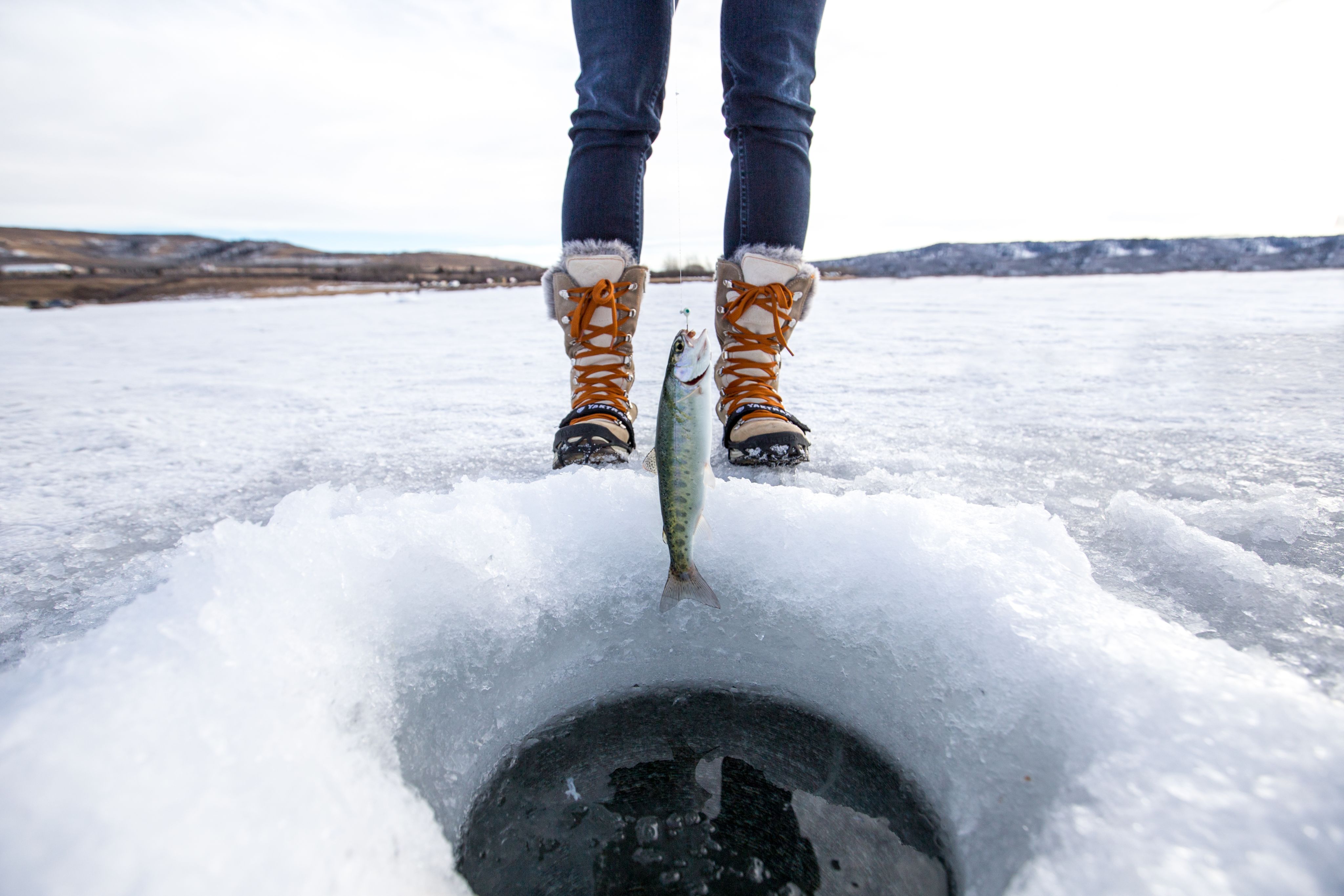
Hooked

At some point in the depths of winter, usually by the end of January, colourful little huts start popping up on lakes all over the country. Some are only up for a day but others are set up for the whole season. Canadians, armed with an auger and rod, head out to drill a hole and fish.
Ice fishing is a popular way to spend the long Canadian winters and with thousands of lakes throughout the country, there are plenty of spots to fish in every province and territory. In the north, ice fishing season starts earlier and lasts longer.
If you've never tried ice fishing but have always wanted to, make this the year to go for it, says Yvonne Brown, president of Ontario Women Anglers.
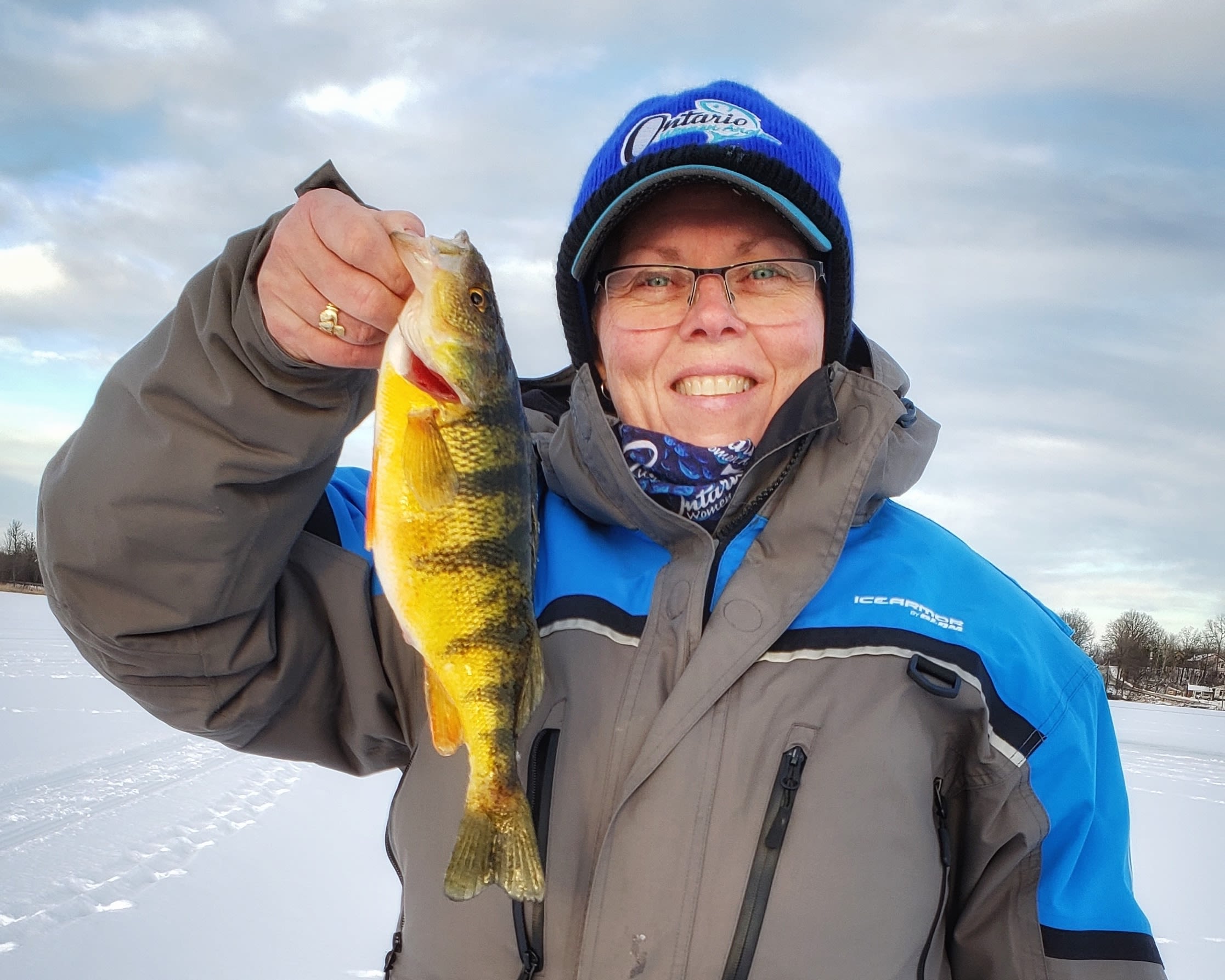
Yvonne started fishing when she was just four years old. She spent her summers on Rice Lake near Peterborough, Ontario, fishing the open waters with her dad.
"On summer holidays and weekends, my dad taught us all how to fish. But my dad never ice-fished. It was always open-water fishing," she said.
Thirteen years ago, Yvonne tried ice fishing for the first time on Lake Simcoe and loved it. Now she helps organize ice fishing events for female anglers through the Ontario Women Anglers, an association that creates programs to encourage women and children to get outside and fish.
For those looking to get started, Yvonne offers the following three tips:
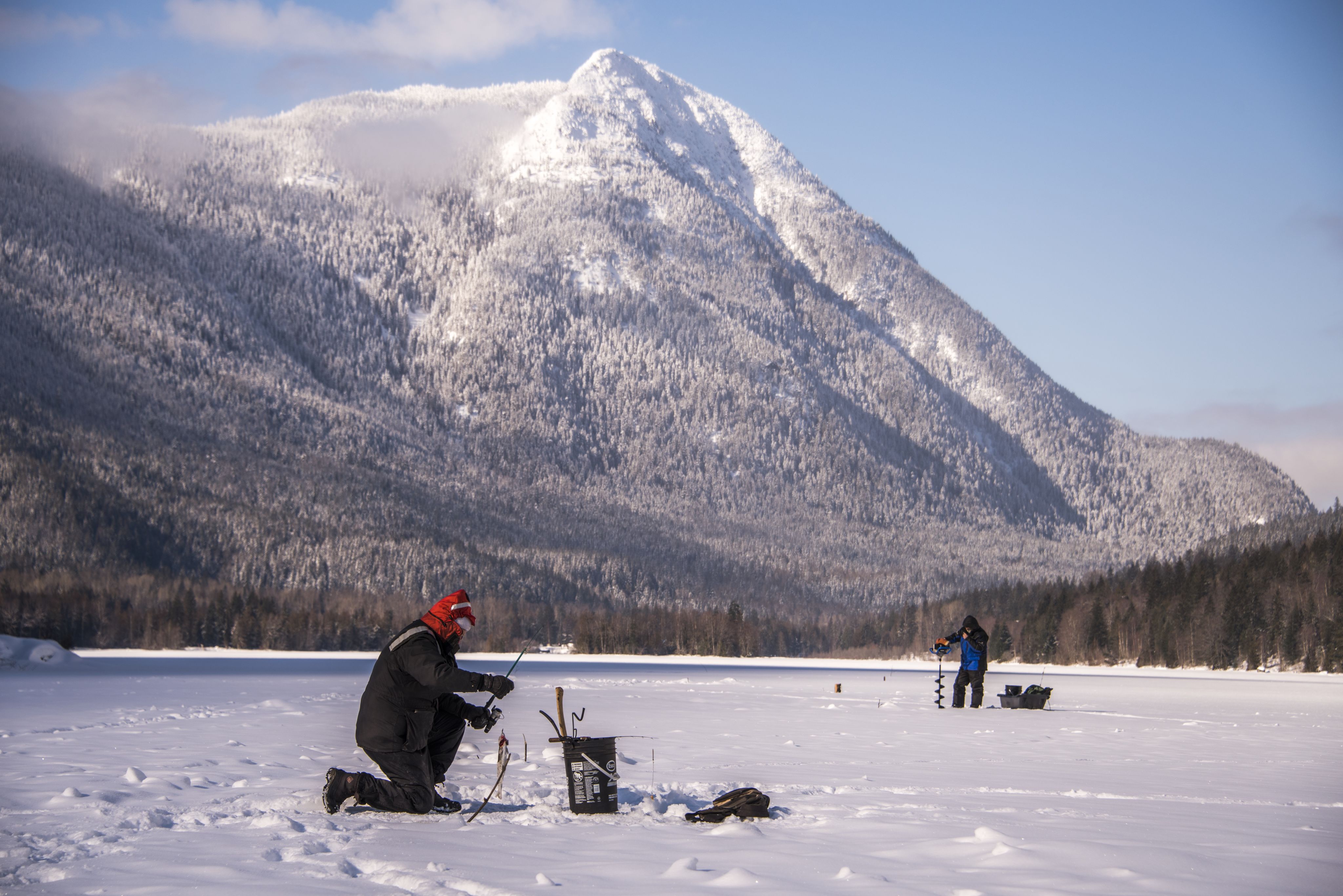
1. Don't Be Afraid of Ice but Follow Safety Recommendations
"First people have to kind of get over the apprehension, because I know some people who are very nervous on the ice," she says.
"Especially in the beginning the season when it makes all those creeks and groans and it's growing ice and they kind of feel it's like a bit of an electric shock wave that goes through the ice and it can be unsettling to some people."
To keep safe, Yvonne likes to only go out on the ice when its a least five inches in depth, although the safety recommendations say four inches is good enough.
"It's always safety first," she says. "It's not worth getting injured or going through the ice."
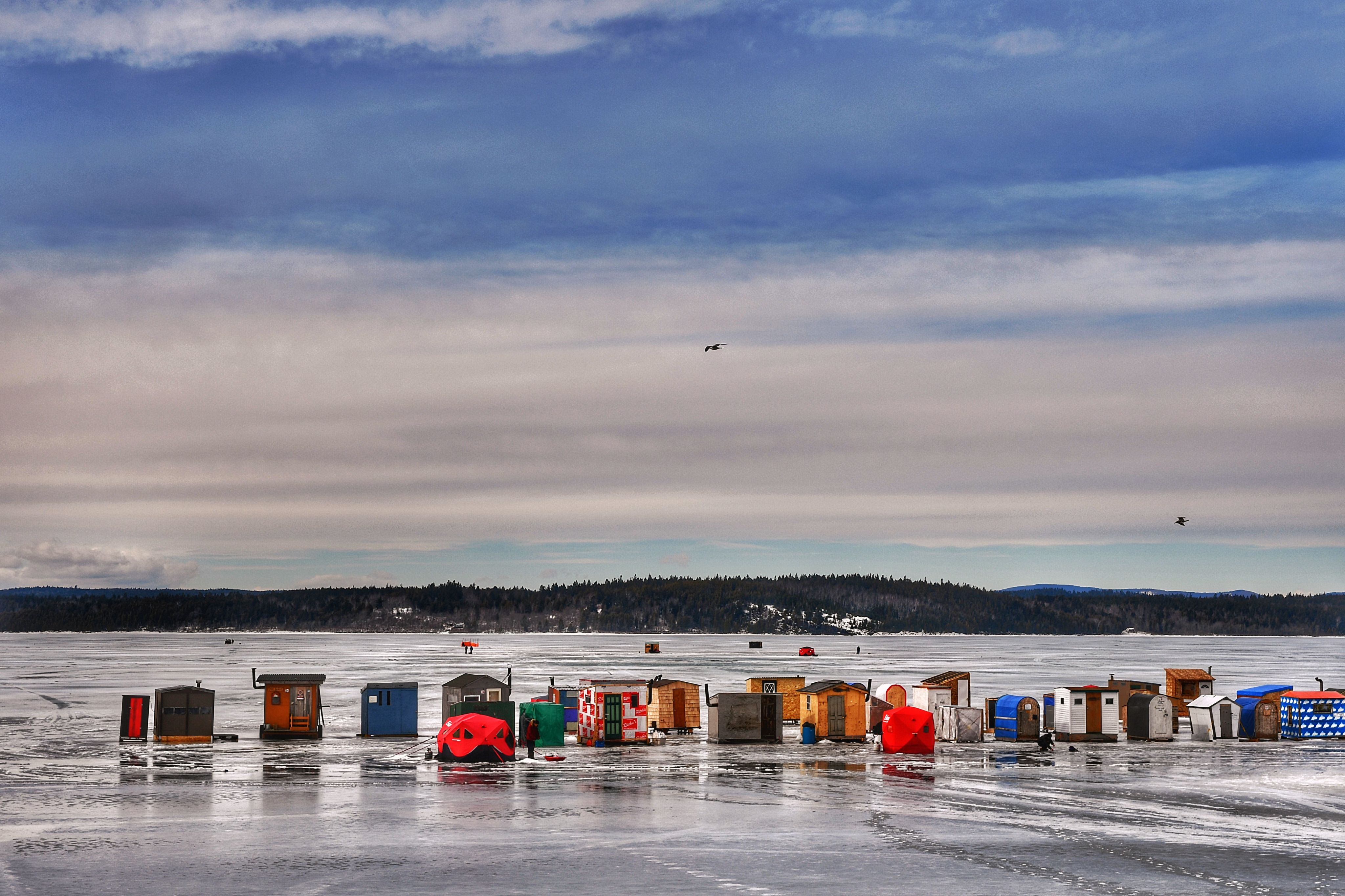
2. Find an Ice Hut Operator Near You
Before buying and trying to place your own ice hut, Yvonne suggests trying out an ice hut rental.
"The operators know where to place their huts...and sometimes if a fishing area gets slow, they'll move their huts towards an area that's a little bit more productive," she says.
When you're first starting out in fishing (ice or otherwise), it is always encouraging to get a few bites.
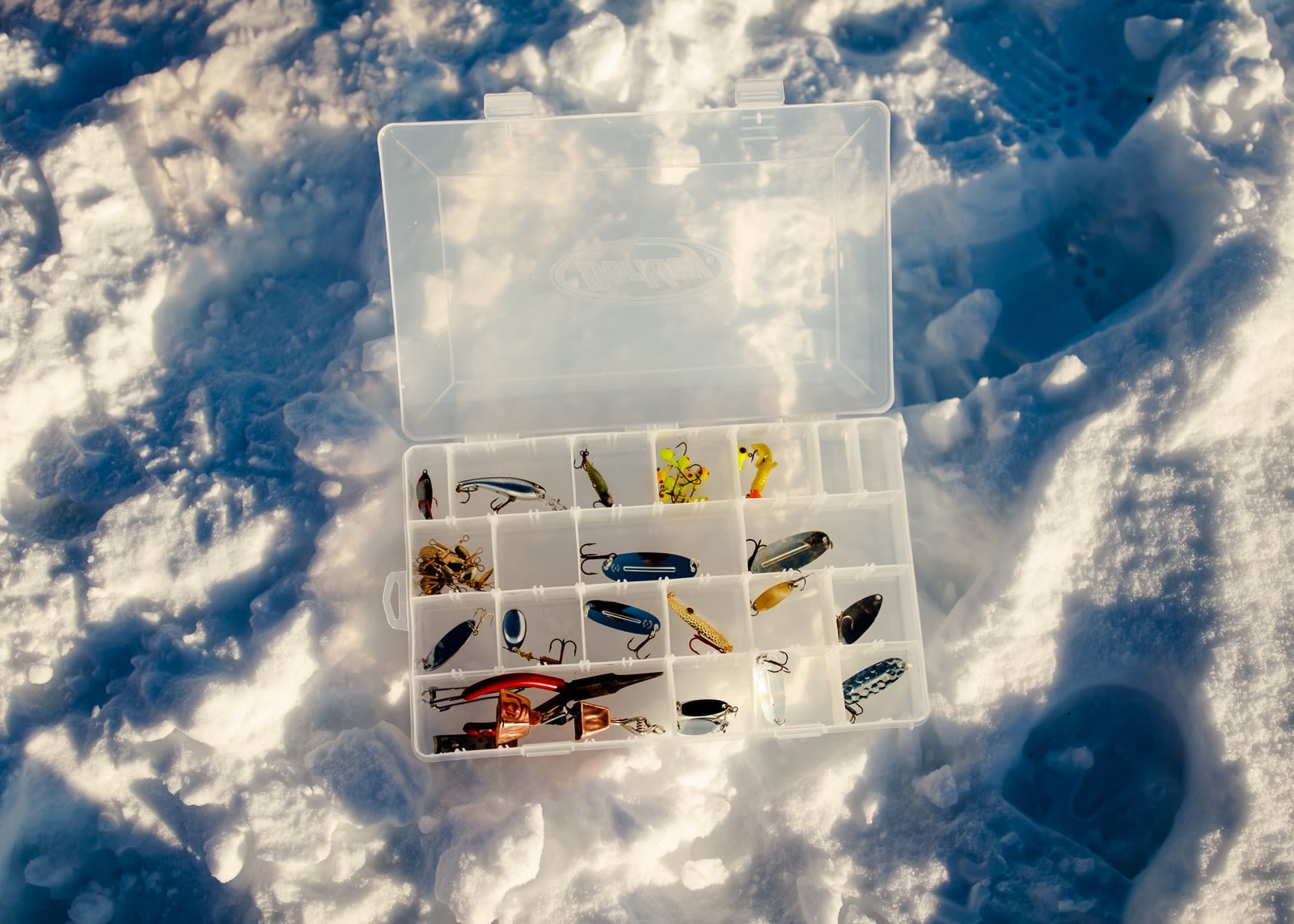
3. Look For a Local Organization
Local angler associations often post events where new anglers can work alongside seasoned pros to learn the ins and outs of fishing. Often times, equipment will be available on hand so there won't be the need to purchase expensive rods or huts when you're just trying it out.
For Ontario residents or visitors, she suggests checking out the Ontario Family Fishing Events website for local events throughout the year that don't require a fishing license
While some people may think ice fishing is a cold, lonely experience, Yvonne says it is quite the opposite.
"Usually it is three or four of us and it's a time to catch up," she says. "And if we catch fish, that's kind of a bonus, but it really is very social and I think I'm enjoying that part of it more and more."
Being out on the water (frozen or not) brings her a sense of adventure.
"Every time you go out there something different. And that's what I like about fishing in general. Every opportunity on the water is a learning experience."
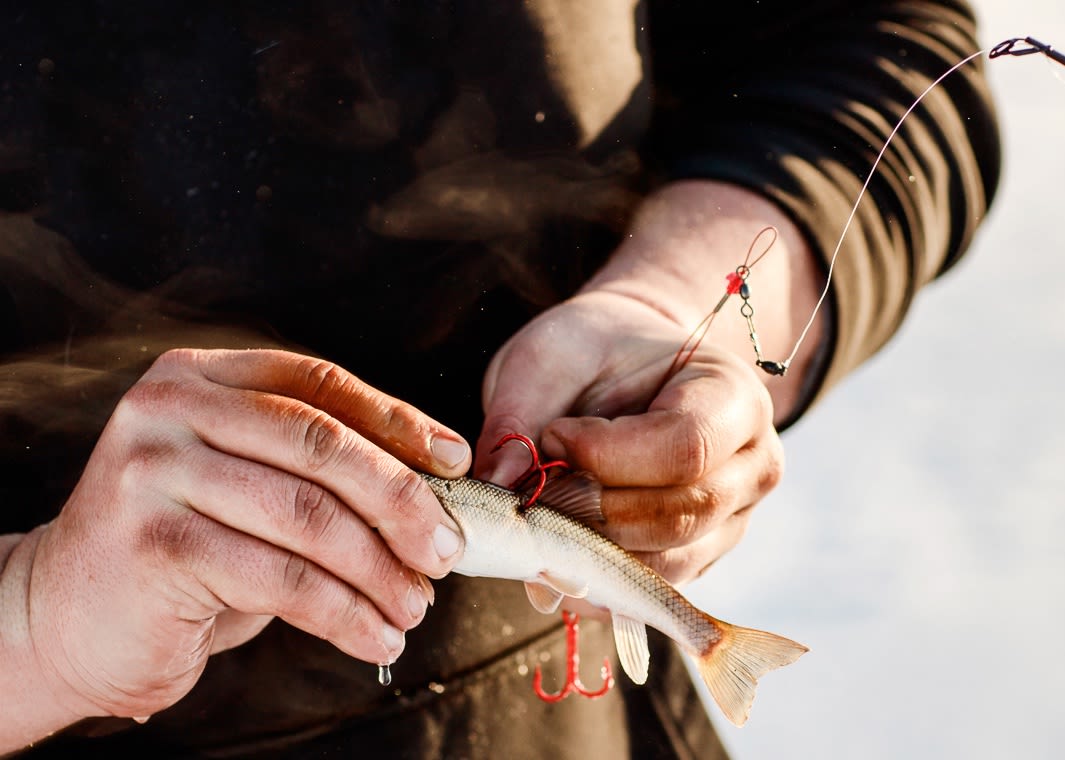
Photo: Destination Ontario
Photo: Destination Ontario
Embrace Canada with Landsby
Landsby creates unique and immersive experiences that not only provide travellers with purposeful and enriching trips but aim to positively impact the communities being explored.
